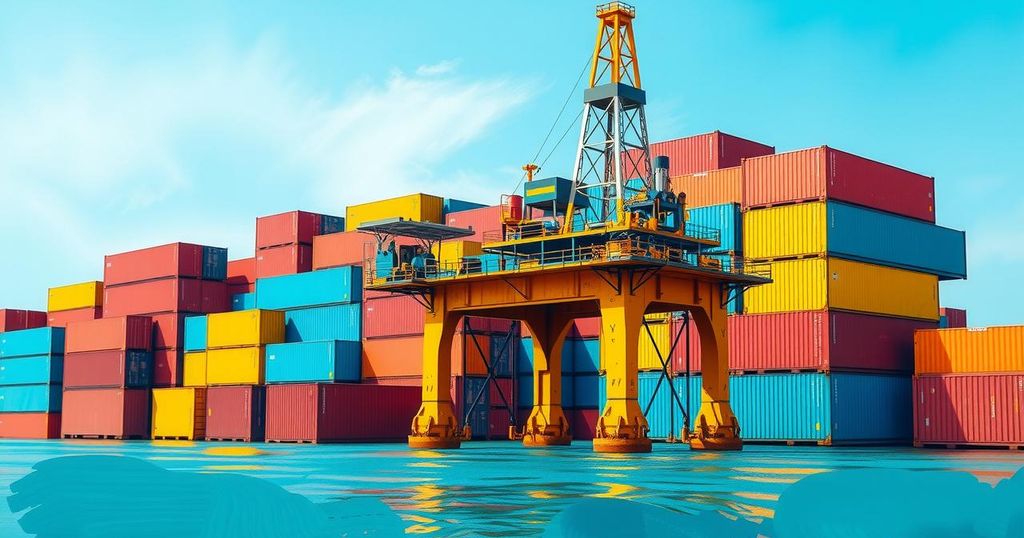Argentina has a complex relationship with the IMF, having participated in numerous financial programs totaling over $177 billion since 1958. The nation recently secured a new $20-billion program to tackle severe economic challenges. While past interactions have often resulted in public discontent, President Milei’s reform-based approach raises both hope and skepticism among citizens regarding future stability.
Argentina’s history with the International Monetary Fund (IMF) is marked by numerous financial agreements, starting with a $75-million loan in December 1958. As of now, the nation has participated in a total of 23 programs, amounting to $177 billion in funds. The recent approval of a new $20-billion program seeks to provide support amid Argentina’s continuing economic struggle characterized by high inflation, depleting reserves, and recession.
The relationship between Argentina and the IMF has been fraught with challenges, particularly following significant bailouts in 2018 and 2022, which were intended to mitigate previous economic setbacks. Many Argentines express discontent with the IMF, attributing the worsening economic conditions during the 2001-2002 crisis to the lender’s strict austerity measures. Myriam Bregman, a leftist lawmaker, emphasized this sentiment, stating, “All past experiences with the IMF in our country have been terrible.”
Political leaders from all parties have had to seek assistance from the IMF due to persistent fiscal deficits and inflation. Recognizing its shortcomings, the IMF conceded that its policies had not met desired outcomes in Argentina. However, President Javier Milei, who has implemented significant spending cuts to achieve a fiscal surplus, hopes to break this cycle and improve economic conditions. His reforms are believed to be even stricter than what the IMF typically requires.
Historically a wealthy nation and a major exporter of agricultural products like soy and corn, Argentina has frequently experienced boom-and-bust economic cycles, returning to global lenders when in need. The country has undergone multiple loans throughout its history, with a particular focus on the last two decades, which saw a record bailout and subsequent restructuring in 2022. Perspectives in Buenos Aires concerning the new program reflect a mix of optimism and skepticism.
Some residents like Pablo Inzua view the loan positively as a sign of trust, while others express concerns over the heavy debt burden, exemplified by retiree Maria Del Valle Romano’s disapproval of further borrowing. Analysts suggest that Milei’s genuine commitment to reforms may differ from previous administrations’ approaches, with Nicholas Saldías noting that “Milei is more IMF than the IMF” due to his proactive measures and adherence to fiscal balance.
Overall, Argentina’s troubled history with the IMF showcases an ongoing struggle to achieve economic stability and balance, with the current government facing both optimism and opposition from its citizens regarding its latest financial agreement.
The relationship between Argentina and the International Monetary Fund exemplifies the challenges of seeking international financial assistance amidst ongoing economic turmoil. Despite prior failures, President Javier Milei’s commitment to structural reforms offers some hope for improved economic performance and fiscal stability. Nonetheless, public sentiment remains divided, highlighting the complexities of Argentina’s economic landscape and the historical struggles associated with IMF agreements.
Original Source: denvergazette.com




